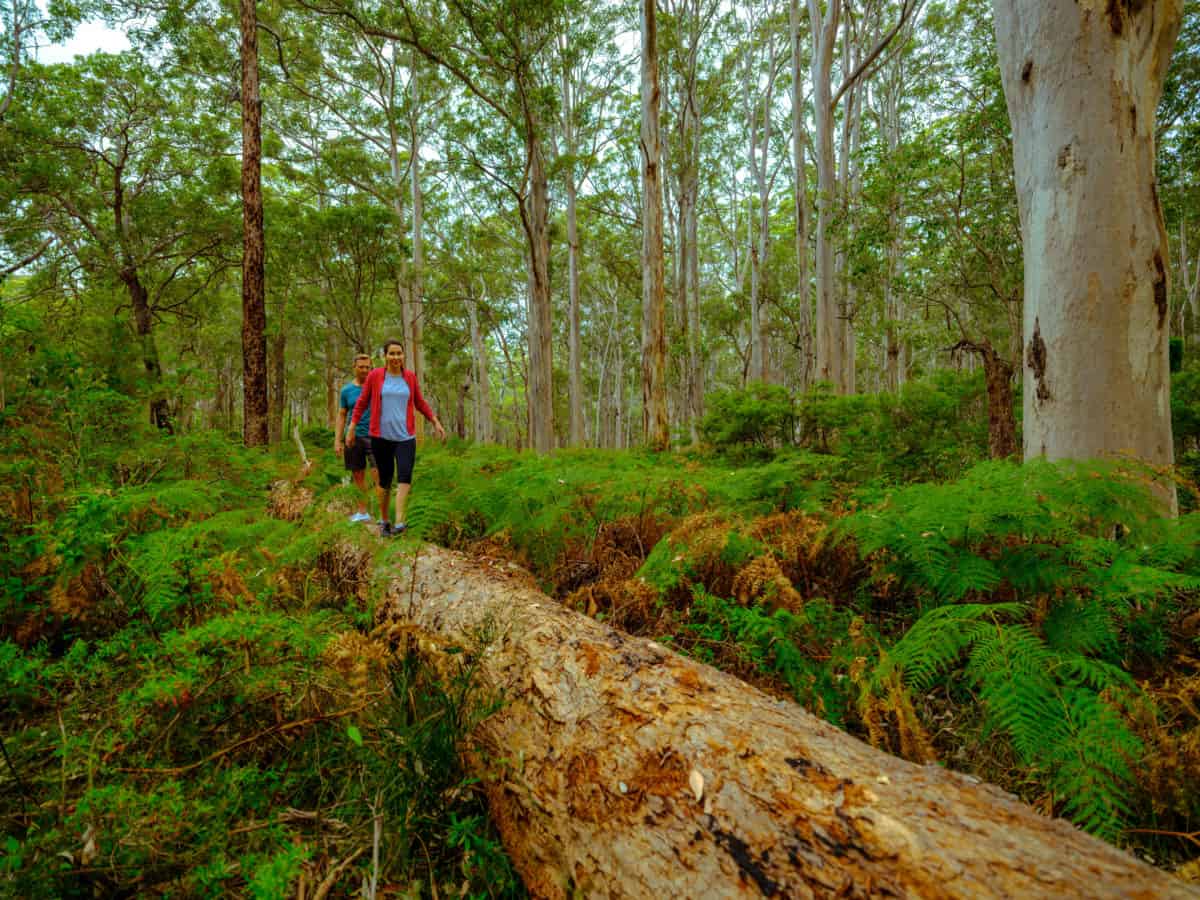When people think about studying in Australia, the first places to come to mind are most likely Sydney or Melbourne. The majority of international students never consider studying in regional Australia. It simply doesn’t occur to them, which is a shame as there are a lot of lifestyle and potential longer-term benefits to studying outside the main Australian cities.
What is regional Australia?
For migration purposes, regional areas are anywhere outside of Sydney, Newcastle, Central Coast, Wollongong, greater Brisbane, the Gold Coast, Melbourne metropolitan area and Perth. A full list of regional and low population growth postcodes in each state can be found on the Department of Home Affairs website.
Statistics and fast facts
According to a government report, in 2017 only 3% of international student visa holders were enrolled at a regional campus. Just over 50% of these students were completing a higher education degree (Bachelor or Masters by coursework), and most in the areas of Science, Technology, Engineering and Mathematics (STEM).
The International Student Survey, 2016 found that the overall satisfaction for students enrolled in regional institutions was 1.6% higher than for students enrolled in metropolitan areas. The government pointed out that studying in a regional area can be approximately 22% cheaper than studying a comparable course in a major city.
Benefits of studying in regional Australia
Lifestyle – Regional Australia is really beautiful! It’s not a barren ‘outback’. Regional Australia includes popular holiday destinations like Margaret River in WA, Far-North Queensland (home to the famous Great Barrier Reef), Adelaide (well-known for its wines) as well as tropical Darwin and cool Tasmania. Imagine a morning surf before class, hikes exploring nature and road tips on the weekends. Life in regional Australia is less crowded, the roads are less congested and it’s usually a more relaxed, stress-free way of living.
Sense of community and integration – Living in regional Australia enables international students to be part of a regional local community and have a greater sense of belonging. International students have more opportunity to experience an “authentic” Australian lifestyle. Being part of a tight-knit community can be very useful when looking for employment, networking and work experience.
Courses: The courses offered in regional areas generally produce graduates who can find employment in the local region upon completion of their studies. For example, Margaret River offers courses in hospitality and wine industry operations, which fits well with the local tourism industry. Geraldton offers courses in aquaculture, fishing operations and the environment, which is directly relevant to local businesses. Popular courses, such as Nursing and I.T, can be studied in regional Australia. Advantages of studying in regional Australia include smaller class sizes; opportunities to practice and improve your English and building contacts with local business owners.
Scholarships – The Australian Government is working on the “Destination Australia Program” – an initiative aimed at providing financial support to domestic and international students choosing to study in a regional area. This program will provide 4,720 scholarships of up to $15,000 per year to students enrolled at an approved tertiary education provider studying a Certificate IV to a PhD. Scholarships will commence from Semester 1, 2020.
Migration to Australia: If your long-term goal is to become an Australian permanent resident, studying in a regional area may provide you with more visa options and more points (if you hope to apply for a points tested skilled visa). A number of new regional skilled visas will be introduced in November 2019.
The government has also indicated that for students studying in regional areas, a 2-year temporary graduate visa could soon become a 3-year temporary graduate visa. How cool would that be?
Courses in regional Western Australia
Albany:
Information Technology
- Certificate III and III in Information, Digital Media and Technology
- Certificate IV and Diploma of Information Technology
Bunbury:
Nursing
- Diploma of Nursing
Children and Community services
- Certificate III of Early Childhood Education and Care
- Diploma of Early Childhood Education and Care
Commercial Cookery and hospitality
- Certificate III and Certificate IV in Commercial Cookery
- Certificate III in Patisserie
- Certificate IV and Diploma of Hospitality
Margaret River:
- Commercial cookery pathway (cert III, cert IV and diploma of Hospitality management)
- Certificate III in Wine Industry Operations
Geraldton:
Children and Community Services
- Certificate IV and Diploma in Community services
- Certificate IV in Youth Work
- Diploma of Early Childhood Education and Care
Hospitality
- Certificate III in commercial cookery or patisserie
- Certificate IV in hospitality
Information technology and Digital Multimedia
- Information Technology and Digital Multimedia
- Certificate IV and Diploma in Digital Media Technologies
Nursing
- Diploma of Nursing
Science and Environmental Studies
- Certificate II, Certificate III and Diploma of Aquaculture
- Certificate II and III in Fishing Operations
- Certificate IV and Diploma in Environmental Monitoring and Technology
Higher Education (University) in Bunbury – areas of study include:
- Bachelor of Education (Primary)
- Bachelor of Social Work
- Bachelor Science (Nursing)
- Bachelor of Science
- Bachelor of Health Science
If you would like more information on the enrolment and student visa application process, contact us today for an appointment or call us on +61 9429 8860.

